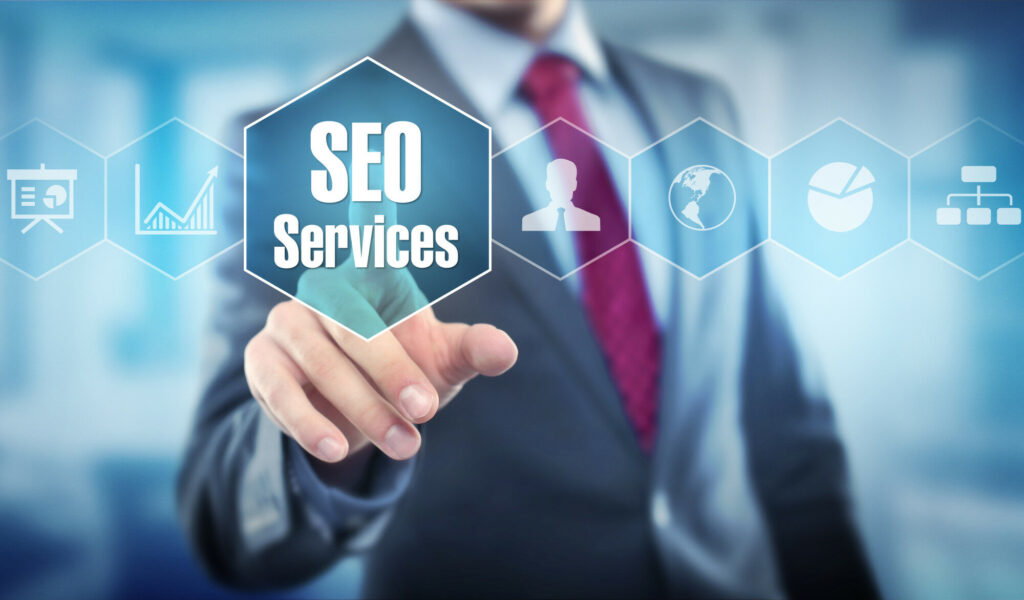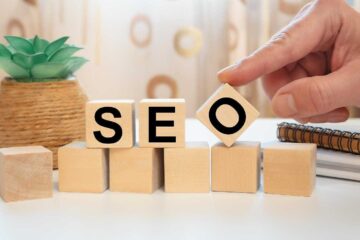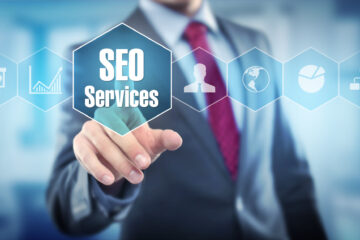Introduction
In 2025, the e-commerce industry has never been more competitive. With new online stores launching every day and established brands investing heavily in digital marketing, standing out on search engines is a challenge. Ranking well is no longer just about visibility—it’s about building trust, attracting the right audience, and converting visitors into loyal customers.
This is why many e-commerce businesses turn to a professional SEO agency. By combining technical expertise, creative strategies, and advanced analytics, agencies help brands grow faster in an era defined by Google AI Overviews and constant algorithm updates. Let’s explore why e-commerce brands increasingly rely on agencies to fuel their online success.
The Changing Digital Landscape in 2025
Search behavior has evolved dramatically. Shoppers don’t just type in generic keywords like “running shoes.” They ask specific, intent-driven questions such as “best eco-friendly running shoes for women 2025.” Google now delivers results in new formats—summaries, product carousels, videos, and AI Overviews—making competition tougher than ever.
For e-commerce brands, this means you’re not just competing with other stores but also with Google’s own curated answers. Without strategic optimization, even great products risk getting buried under AI summaries and big-name competitors. This makes digital marketing in 2025 both more complex and more rewarding for those who do it right.
See more: Choosing a Food Safety Compliance System That Scales
Expertise That In-House Teams Often Lack
Running an online store already demands attention to product sourcing, customer service, logistics, and paid ads. Adding advanced SEO on top of this workload can overwhelm in-house teams. While they may know the basics of keywords and content, deeper expertise is required to compete in today’s search environment.
A professional SEO agency brings that expertise. They understand technical SEO, structured data for product pages, international SEO for global shipping, and authority-building strategies. For example, an in-house team may upload product descriptions, but an agency ensures those descriptions are optimized for search intent, voice queries, and AI-driven visibility.
Access to the Latest Tools and Analytics
E-commerce SEO is heavily data-driven. Success depends on knowing which products people search for, which competitors dominate results, and how customers move through your site. The best tools to gather this data—like Ahrefs, SEMrush, or enterprise-level AI analytics—are expensive and complex.
Agencies already invest in these tools and know how to use them effectively. They can identify opportunities like rising product search trends or gaps in competitor strategies. For instance, if competitors rank well in Google AI Overviews, your agency can adjust your content format and markup to increase your chances of inclusion.
Saving Time and Resources
E-commerce businesses often run on tight schedules. Between managing sales, shipping, and customer inquiries, SEO becomes a time-consuming task that easily gets pushed aside. Yet consistency is key to long-term growth.

By outsourcing to an SEO agency, brands free up time and resources. Agencies handle everything—from keyword research and content creation to technical fixes and link building—so your team can focus on scaling products and customer experience. It’s like having a dedicated growth department without hiring a full in-house staff.
Better ROI with Professional Strategies
Traffic is great, but conversions are what truly matter for e-commerce. Many online stores attract visitors who never buy because the site isn’t optimized for conversions. Agencies bridge this gap with professional SEO strategies designed to turn clicks into customers.
For example, an agency may optimize category pages with buying guides, add structured FAQs for AI results, or improve internal linking to drive visitors toward high-margin products. The result? Not just more traffic, but traffic that converts—boosting both sales and ROI.
Staying Ahead of Competitors
E-commerce is crowded, and trends shift quickly. Competitors are constantly updating their strategies, targeting new keywords, and earning backlinks. If your store doesn’t keep pace, you risk losing ground.
Agencies actively monitor competitor activity and adjust your strategy accordingly. If another brand gains visibility in product comparison queries, your agency might create a detailed comparison page that positions your store as the better option. This proactive approach ensures you’re not just keeping up but pulling ahead.
Future-Proofing Your SEO with AI Overviews
The rise of Google AI Overviews represents a major shift in how people shop online. Instead of browsing multiple sites, users may rely on AI-generated summaries for quick answers or recommendations. For e-commerce, this can mean fewer clicks—but also bigger opportunities for those who optimize correctly.
Agencies know how to prepare your site for AI inclusion. By creating well-structured content, adding schema markup for products, and answering customer-focused questions, they increase your chances of being cited in Overviews. Imagine a shopper searching “best budget smartphones under $300 in 2025.” If your brand appears in that summary, you instantly gain trust and visibility that drives sales.
Conclusion
E-commerce growth in 2025 is fueled by trust, authority, and adaptability. Simply having great products isn’t enough—you need to appear in front of customers at the right time, in the right way. That’s why more online brands rely on SEO agencies.
From saving time and accessing advanced tools to optimizing for Google AI Overviews and improving ROI, agencies provide the expertise and strategies e-commerce businesses can’t afford to ignore. If you’re serious about scaling your store, partnering with an SEO agency may be the smartest investment you make this year.



0 Comments